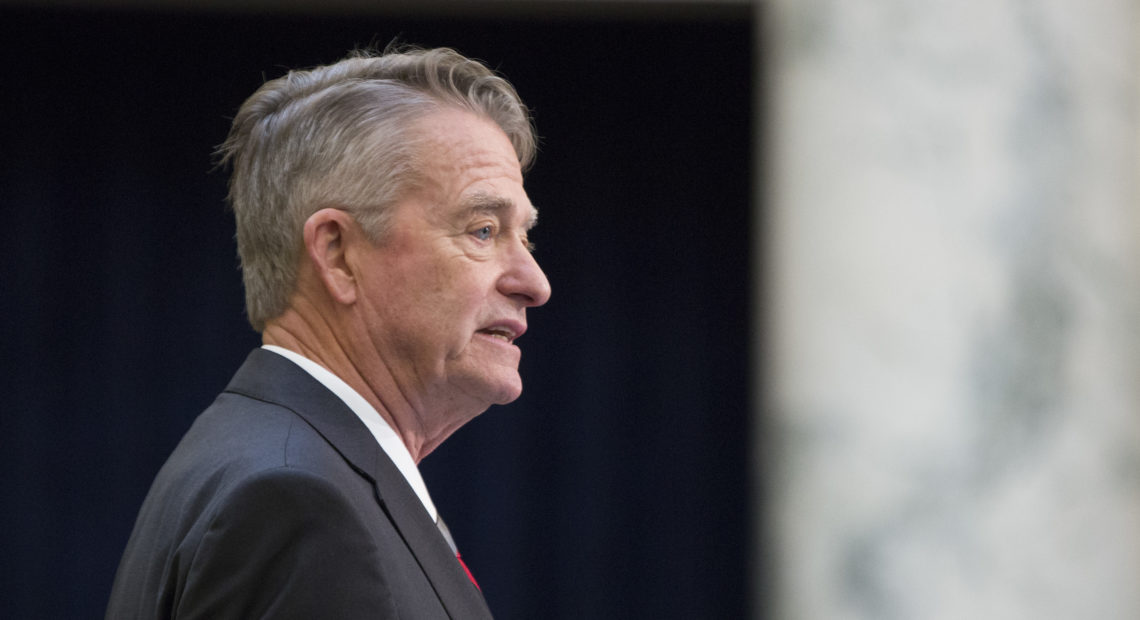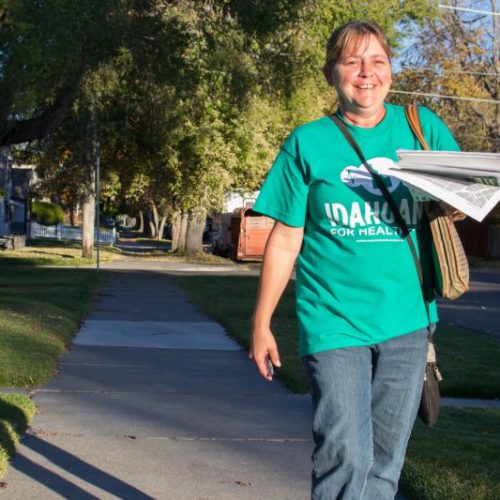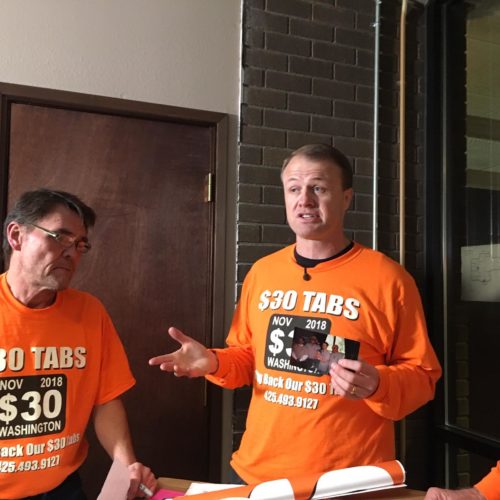
Idaho Gov. Brad Little Vetoes Bill That Would Have Made Ballot Initiatives Tougher
READ ON
BY JAMES DAWSON / BSPR
In a striking rebuke to the Idaho legislature, Gov. Brad Little (R) has “reluctantly” vetoed a bill that some say would’ve made it nearly impossible to get an initiative on the ballot.
“…I question the constitutional sufficiency of the bills and the unintended consequences of their passage,” Little wrote in a letter explaining his veto.
He says court challenges would “likely result in the Idaho initiative process being determined by the liberal Ninth Circuit Court of Appeals.”
At issue for many lawmakers were part of the bills that drastically cut the time groups had to collect signatures from 18 months to six or nine months. They’d also have to get nearly twice as many signatures from either 24 or 32 of Idaho’s 35 legislative districts, depending on the bill.
The ACLU of Idaho and others repeatedly testified that would violate the one-person, one-vote rule, because it would give rural areas outside influence in whether an initiative could get on the ballot.
But Little says he agrees with the goals of the two bills – supporters say they don’t want rural areas of the state being overlooked in the signature gathering process – and signaled he’d work with the legislature on similar issues in the future.
“I can’t wipe the smile off my face,” says Rebecca Schroeder, executive director of Reclaim Idaho, the group behind the recent successful Medicaid expansion initiative.
“Gov. Little, standing up, taking this kind of bold leadership to stand with the people, acknowledged the widespread, bi-partisan opposition to this,” Shroeder said.
Former Secretary of State Ben Ysursa, a Republican who had publicly called for the governor to issue a veto, called it a “defining moment” at the beginning of Little’s tenure.
Response from Republicans who had supported these bills was subdued.
In a statement, Majority Caucus Chair Megan Blanksma (R-Hammett) says she’s disappointed by the veto, but she agrees that she doesn’t want Idaho’s initiative rules to be put in place through a court order.
“I also agree that we cannot become like California, where their liberal initiative processes hamstring their government, resulting in excessive regulation and conflicting laws. Hopefully we can develop new legislation that will ensure that Idaho will avoid such a fate,” she said.
That door to crafting new legislation this session may have been left open.
Rep. Jason Monks (R-Nampa), the assistant majority leader, says it’s possible his caucus might be interested in drafting a bill before they adjourn for the year that would require campaigns gathering signatures for an initiative to submit a fiscal note.
“I don’t know if that’s going to have a lot of support for that right now, but the options are definitely open for us,” Monks said.
Another possibility mentioned by Sen. Jim Woodward (R-Sagle) in an email to the bills’ original sponsor says they could possibly ban paid signature gatherers – a practice that was consistently brought up as troublesome by supporters of the proposals.
“This might be a less controversial way to approach the problem next year,” Woodward wrote in March. He voted against both initiative restrictions bills brought this session.
Each bill passed by less than a two-thirds majority, meaning Little’s veto is unlikely to be overridden.
Follow James Dawson on Twitter @RadioDawson for more local news.
Copyright 2019 Boise State Public Radio
Related Stories:

Idaho Legislature Passes Bill Aimed At Making Citizen Initiatives Harder To Get On Ballot
Legislation making it more difficult to get initiatives or referendums on ballots is heading to the governor, who has hinted of a possible veto. The House voted 51-18 on Wednesday to approve the measure backers said is needed because the current process favors urban voters. It passed the Senate 26-9 last month. Those numbers are enough to overcome a veto.

Idaho Lawmakers Move Closer To Making It Harder To Get Initiatives On The Ballot
An Idaho House panel approved legislation Monday making it more difficult to get initiatives or referendums on ballots in what is widely seen as a rural vs. urban issue.

Washington Supreme Court Unanimously Strikes Down I-976, Tim Eyman’s $30 Car Tab Initiative
On Thursday, the state Supreme Court struck down Initiative 976, a measure Washington voters approved last November to reduce the cost of annual vehicle licensing fees. The measure has been on hold for nearly a year as legal challenges worked their way through the court system.
















